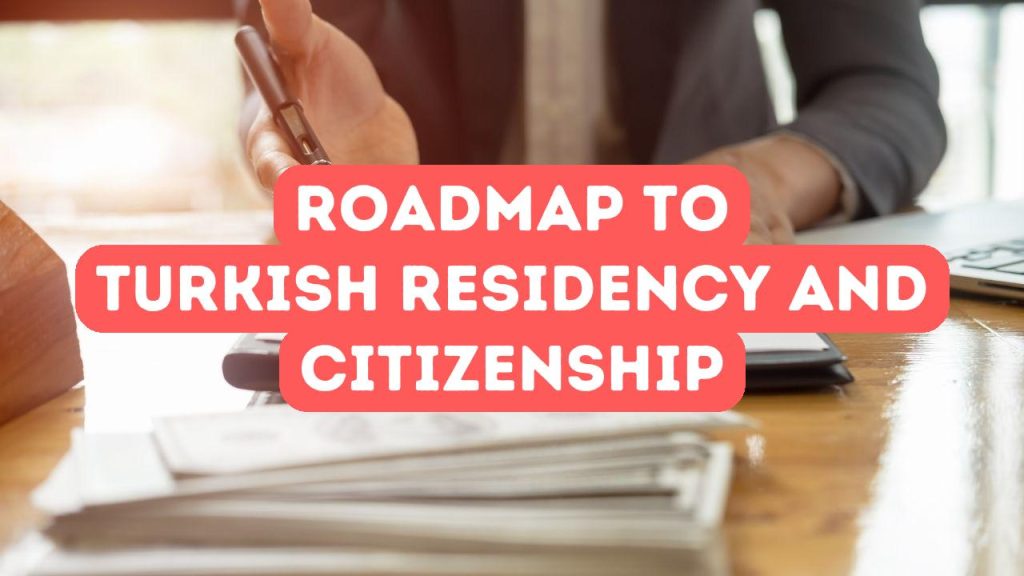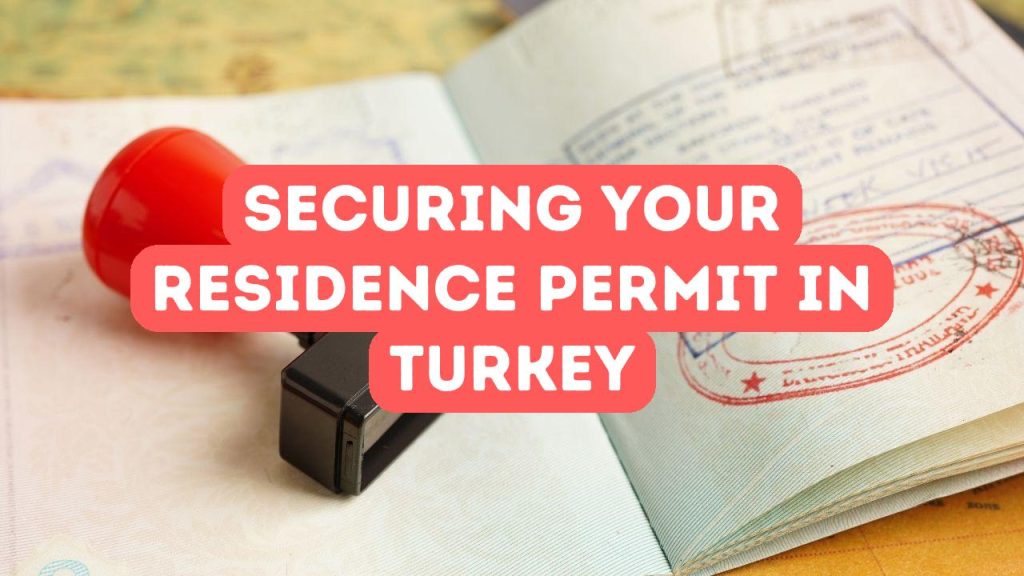Navigating Turkish Immigration Law
To successfully navigate Turkish immigration law, it is crucial to familiarize yourself with the relevant legislation, namely the Law on Foreigners and International Protection and the Regulation on the Implementation of the Turkish Citizenship Law. The initial step for any non-citizen is to legally enter the country and apply for a short-term residence permit, which may be granted for reasons such as tourism, business, study, or family unification. Applicants must provide proof of sufficient financial means, a valid health insurance, and a clear criminal record, among other requirements. Understanding the nuances of these laws is fundamental; for example, the duration and type of residence permit can directly influence your eligibility for permanent residency, and subsequently, citizenship. To ensure compliance with Turkish immigration laws, it is advisable to seek guidance from legal experts who can help decipher complex regulations and prepare the necessary documentation to streamline your application process.
Building on a short-term residence, the journey towards permanent residency in Turkey rests upon continuous legal living in the country for a minimum of five years. During this period, it is imperative to maintain a clean legal record and show proof of steady income or financial stability to sustain yourself and any dependents. Often overlooked, but equally critical, are the stipulations regarding not being outside of Turkey for more than 120 days in any year during the five-year period, as this may interrupt the residency continuity and thus affect eligibility. It’s also worth noting that those who invest heavily in the economy, such as through property ownership or significant business investment, may fast-track this timeline and should consult the specific provisions laid out for investors. Regularly updating your documentation and staying vigilant about the expiration dates of permits are key aspects of ensuring a smooth transition from short-term to long-term residency, which is a prerequisite before one can apply for citizenship.
Upon securing permanent residency, the final stride towards Turkish citizenship involves meeting several conditions set forth by the government. Applicants are generally required to demonstrate an uninterrupted residency, proficiency in the Turkish language, and a cultural affinity with Turkey, showcasing a genuine intent to integrate into society. Of notable importance is the retention of the permanent residence status throughout the application period for citizenship, as any lapses may result in starting the process anew. Evidencing a lawful and stable source of income, along with no threat posed to national security or public order, is indispensable. For those marrying Turkish citizens, different rules apply, potentially shortening the wait time. Achievement of citizenship confers the right to vote, high-quality healthcare access, and ease of travel with a Turkish passport. It is advised to conduct a final review of all documents for accuracy and completeness before submission, as any discrepancy may delay or invalidate the application. Foresight, patience, and strict adherence to legal mandates pave the way toward not only acquiring Turkish citizenship but embracing the responsibilities and privileges that come with it.
Strategies for Securing a Turkish Green Card
Before aiming for citizenship, securing a Turkish Residence Permit, colloquially known as the Turkish Green Card, is the first critical step. This permit is obtainable through several avenues, with the most common being through property investment, employment, or through establishing a business. Property investment is particularly attractive, as the government has lowered the investment threshold to encourage foreign ownership. This option requires purchasing real estate worth a minimum amount set by regulations, which then allows the investor, their spouse, and children under 18 to reside in Turkey. Such an investment doesn’t just pave the way towards residency; it also stands as a financial stake in Turkey’s growing real estate market. For those who are not investing, securing a job with a Turkish employer or starting a business can also lead to a residence permit, provided you meet certain criteria and obtain the relevant work or business permits.
To optimize your chances of securing a Turkish Green Card through employment, it’s paramount to secure a position with an employer who is versed in navigating the work permit application process—one that requires justification for hiring a foreign national over a Turkish citizen. Work permits are typically granted for one year and can be extended as long as employment continues with the same employer. For entrepreneurs, establishing a business that contributes to the Turkish economy can also serve as a solid foundation for residency. The business must be deemed viable and beneficial to Turkey, meeting specific criteria such as creating jobs for Turkish citizens or engaging in significant trade. Whichever path you choose, it is crucial to stay compliant with all regulatory requirements, maintain records, and renew permits as required to ensure your stay remains legal and uninterrupted, laying a steady groundwork for future citizenship applications.
Alternatively, for those who may not be able to secure a job or start a business, there is the option of obtaining a residence permit through a short-term application process. This entails providing evidence of sufficient financial resources to sustain oneself and any dependents during the stay, along with comprehensive health insurance coverage valid in Turkey. It’s essential to demonstrate that you pose no threat to public order or security and that you have a legitimate reason for staying, such as educational pursuits or conducting scientific research. This type of residency must be renewed every year or two, depending on the circumstances, and continued renewal can eventually lead to long-term residency and eligibility for citizenship. Regardless of the method, it remains essential to engage the services of a competent attorney or a consultancy firm that specializes in Turkish immigration law to avoid pitfalls and ensure your path toward permanent residency and citizenship is as smooth and swift as possible.
Pathways to Turkish Citizenship: A Comprehensive Guide
Turkey’s citizenship landscape features various avenues through which individuals can weave their path to becoming citizens. The most straightforward pathway is through what’s known as ‘Citizenship by Investment’ — where investing a minimum of $400,000 in real estate, or depositing $500,000 into a Turkish bank or purchasing government bonds, facilitates a fairly swift acquisition of citizenship, typically processed within 3-6 months. For those with Turkish heritage, the right of blood (jus sanguinis) is a potent claim to citizenship. Additionally, those who have resided in Turkey continuously for five years, with exceptions for shorter durations in specific conditions, can apply under the general naturalization process, provided they have not stayed outside of Turkey for more than six months in total during this period. Understanding these pathways, each with their own set of requirements and subtleties, is critical for establishing a successful application towards Turkish citizenship.
Another path to citizenship is through marriage to a Turkish citizen. After three years of marriage, foreign spouses may apply for citizenship, granted they continue to cohabit and avoid behavior that would undermine the union. The three-year term is a minimum requirement, with officials scrutinizing the authenticity of the marriage throughout this period to prevent fraudulent applications. For those not married or investing, continuous long-term residence in Turkey can pave the way to citizenship. However, this approach demands a more extended period of compliance with residence permits regulations, demonstration of financial stability, no criminal record, and the capacity to speak Turkish at a conversational level, as assessed by a language proficiency exam. These criteria underscore Turkey’s commitment to integrating individuals who are not only financially invested but also culturally and linguistically.
Completing the journey to Turkish citizenship via naturalization also encompasses individuals with exceptional talents or those who can contribute significantly to the national interest in areas such as science, technology, economics, sports, cultural arts, or in a professional capacity that fills a strategic gap in the labor market. The government offers a streamlined process for these high-achievers, who can apply for an expedited review of their citizenship application if their contributions are recognized by the relevant Turkish ministries. This particular pathway emphasizes Turkey’s objective to attract and retain individuals who have the potential to enhance the country’s development and global standing. Applicants seeking this route must present compelling evidence of their expertise and the impact of their work in Turkey, ensuring a meticulous compilation of their professional accomplishments and endorsements.






